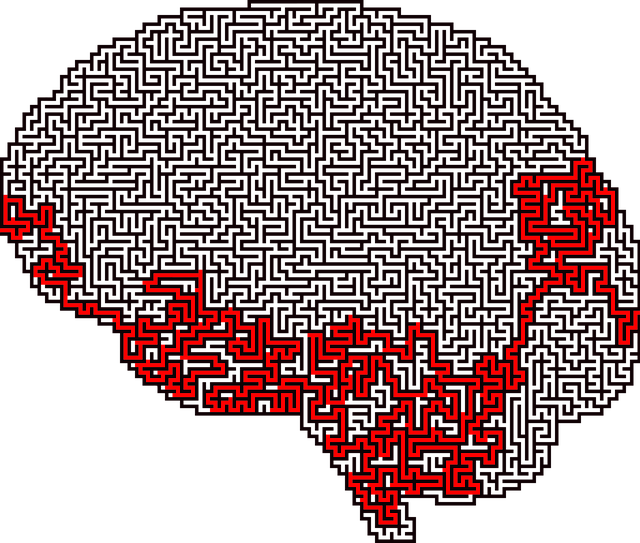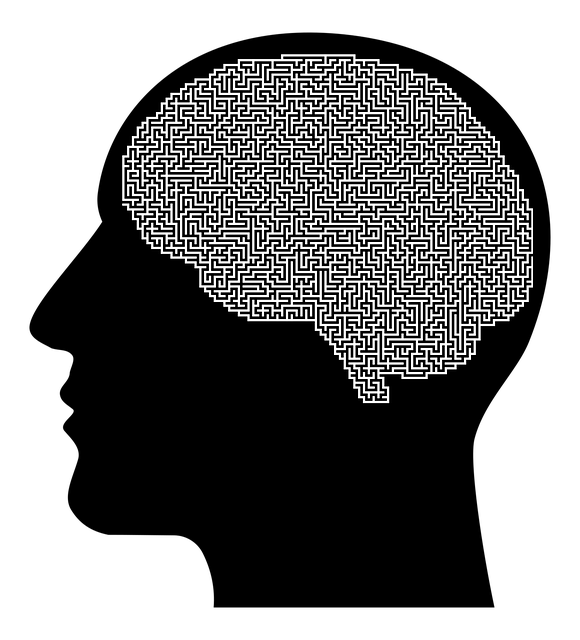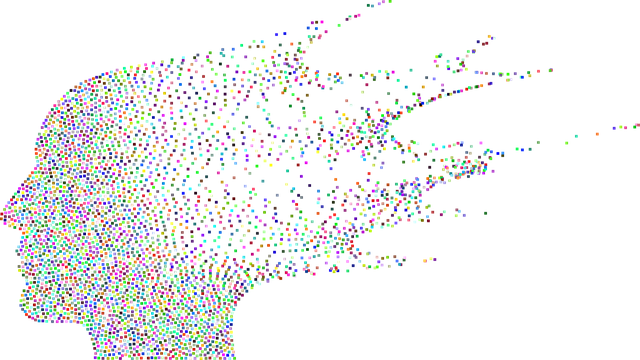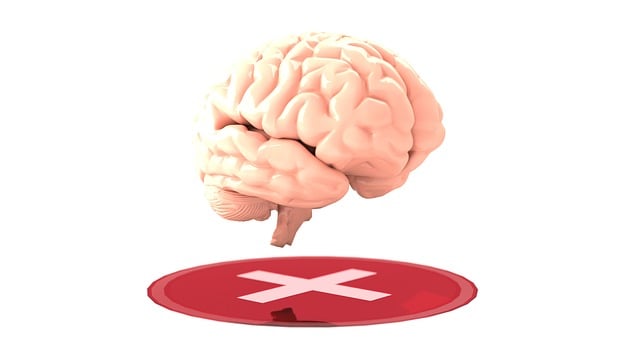Substance abuse poses severe risks, including physical dependence, mental health disorders, cognitive impairment, and brain damage. Mitigation strategies include Coping Skills Development, Mental Health Education, and Stigma Reduction to encourage early intervention. Golden Neuro Disorders Therapy (GNDT) offers a holistic approach by addressing mental health roots, providing tailored coping skills, and promoting stress reduction techniques. Integrating CBT and mindfulness meditation, GNDT targets neural patterns linked to addiction. Social Skills Training and programs teaching effective coping mechanisms for stress and anxiety further reduce relapse risks.
Substance abuse poses significant risks, impacting individuals’ physical and mental health. This article explores comprehensive strategies to mitigate these dangers, focusing on understanding substance abuse and its adverse effects. We delve into the role of Golden Neuro Disorders Therapy, a pioneering approach that targets the root causes. By combining this therapy with broader risk reduction tactics, such as education, support groups, and accessible treatment options, individuals can break free from the cycle of addiction.
- Understanding Substance Abuse and Its Risks
- The Role of Golden Neuro Disorders Therapy
- Comprehensive Strategies for Risk Reduction
Understanding Substance Abuse and Its Risks

Substance abuse is a complex issue that involves the excessive and harmful use of drugs or alcohol. It can lead to a range of adverse effects, including physical dependence, mental health disorders, and social problems. Understanding the risks associated with substance abuse is crucial in developing effective prevention strategies. Substance abuse increases the risk of various Golden Neuro Disorders Therapy outcomes, such as cognitive impairment, memory loss, and even permanent brain damage.
Moreover, it often exacerbates underlying mental health conditions or triggers new ones, creating a vicious cycle. Coping Skills Development programs can play a significant role in mitigating these risks by equipping individuals with the tools to manage stress, process emotions effectively, and resist the urge to abuse substances. Mental Health Education Programs Design that focus on raising awareness about substance abuse and its consequences are also vital. Additionally, Mental Illness Stigma Reduction Efforts contribute to fostering an environment where those struggling can seek help without fear of judgment, thereby promoting early intervention and better outcomes.
The Role of Golden Neuro Disorders Therapy

Golden Neuro Disorders Therapy (GNDT) plays a pivotal role in mitigating risks associated with substance abuse by addressing underlying mental health issues and fostering mental wellness. This therapeutic approach is designed to help individuals understand and manage their conditions, thereby reducing the reliance on substances as coping mechanisms. GNDT focuses on developing effective coping skills and stress reduction methods tailored to each individual’s unique neuroprofile. By integrating these strategies into daily life, participants gain tools to navigate challenging situations without resorting to substance abuse.
The therapy goes beyond symptom management by promoting personal growth and resilience. It encourages individuals to explore and express their emotions healthily, enhance self-awareness, and build a supportive network—all crucial aspects of coping skill development. This holistic approach not only reduces the risk of relapse but also empowers individuals to lead fulfilling lives, free from the shackles of substance abuse and its associated dangers.
Comprehensive Strategies for Risk Reduction

Comprehensive strategies for risk reduction are essential in addressing substance abuse issues effectively. One such approach is Golden Neuro Disorders Therapy (GNDT), which goes beyond traditional treatments by integrating various therapeutic modalities. GNDT focuses on identifying and modifying underlying neural patterns associated with addiction, offering a holistic solution that targets both the mind and body. This therapy combines evidence-based practices like Cognitive Behavioral Therapy (CBT) to manage cravings and trigger avoidance, alongside techniques such as mindfulness meditation for stress reduction and anxiety relief.
Additionally, social support networks play a pivotal role in risk mitigation. Implementing Social Skills Training (SST) programs can equip individuals with the necessary tools to navigate interpersonal interactions healthily, fostering better relationships and reducing potential triggers. Conflict resolution techniques learned through SST also help in managing stressful situations without resorting to substance abuse. Furthermore, teaching effective coping mechanisms for stress and anxiety through specialized programs can significantly lower the risk of relapse, as these issues are commonly linked to substance misuse.
Substance abuse poses significant risks, but understanding and implementing effective strategies can greatly reduce these dangers. Golden Neuro Disorders Therapy offers a promising approach, addressing the root causes of addiction. Comprehensive risk reduction involves education, support networks, and evidence-based treatments like therapy. By combining these methods, individuals can overcome substance abuse, lead healthier lives, and minimize potential harm. Adopting these strategies is crucial in supporting those struggling with addiction and fostering a safer community.














